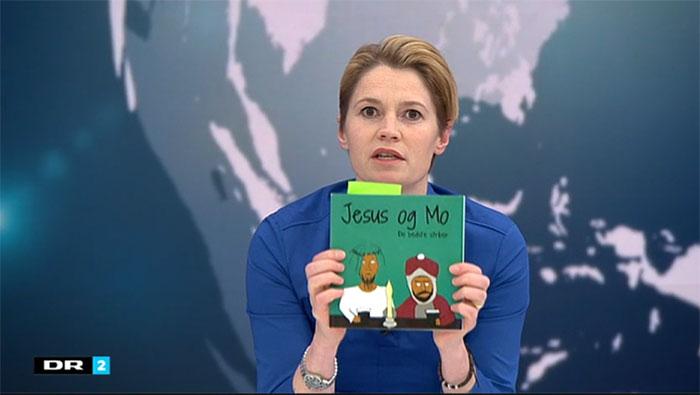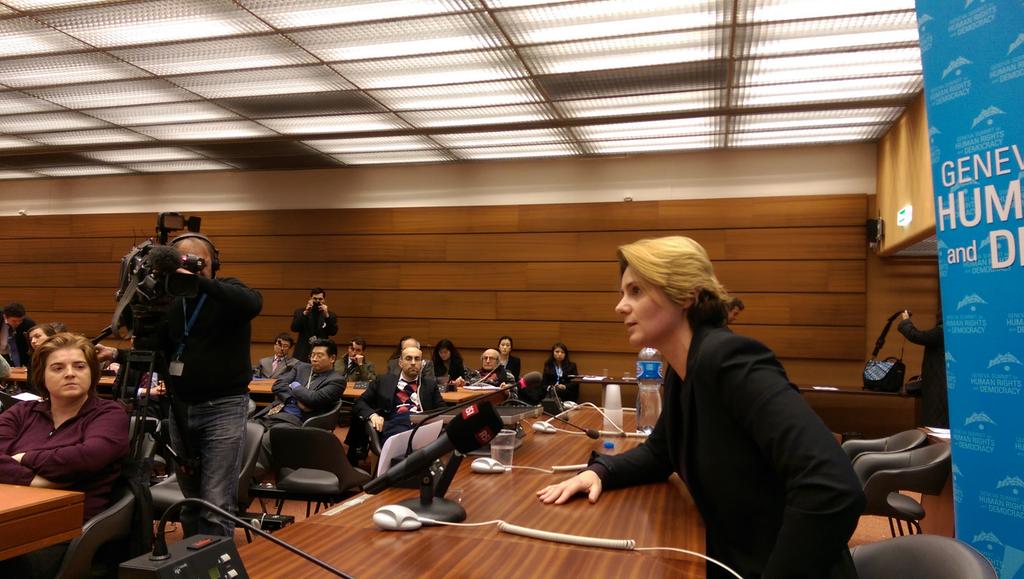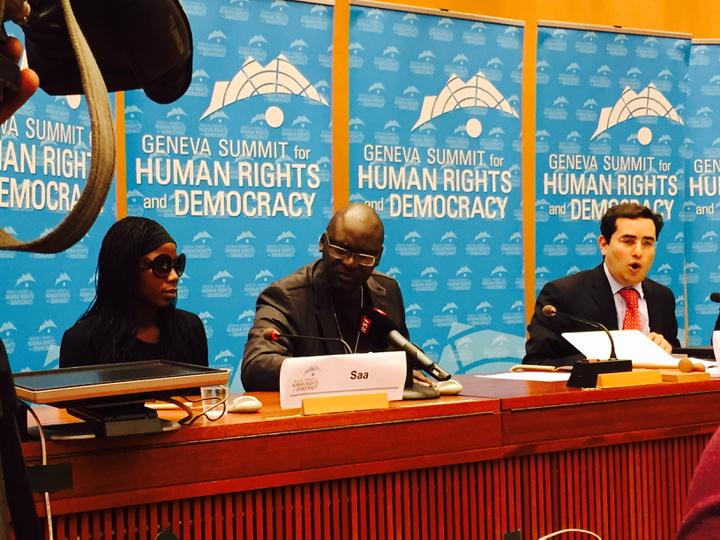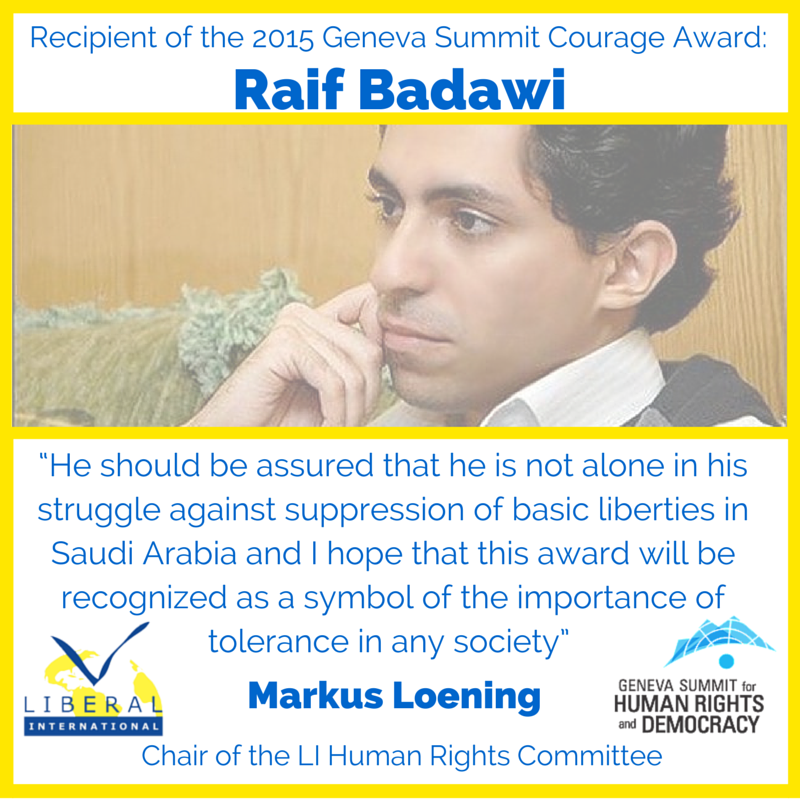Pakistan Today reports that FGM is very popular in Malaysia, and getting more so all the time.
Syahiera Atika, a 19-year-old Malaysian girl has happily embraced western-style capitalism but in contrast strictly follows the local interpretation of Islam as she informed the Vice of her circumcision.
Female circumcision involves the surgical removal of all or part of a woman’s clitoris. The World Health Organisation (WHO) has classed this procedure as Female Genital Mutilation (FGM).
WHO also defines it as an operation that “involves partial or total removal of the external female genitalia, or other injury to the female genital organs for non-medical reasons.”
Syahiera however, rejects the notion that it is inhumane and says that ”I’m circumcised because it is required by Islam.” She refers to it as ‘wajib’, which means any religious duty commanded by Allah.
That’s your problem right there – this idea that there is such a thing as “wajib”; this idea that there is such a thing as a religious duty commanded by Allah aka God aka The Supreme and Sacred Boss; this idea that there is such a thing and that that’s all you have to know about it; this idea that there is such a thing and you have to obey it. That’s where the being fucked up comes in: this terrible destructive idea.
“I don’t think the way we do it here is harmful,” she said, adding that “it protects young girls from pre-marital sex as it is supposed to lower their sex drive. But I am not sure it always works.”
Well guess what, if it does “work” in the sense of lowering their sex drive, it’s not just “young girls” who are “protected” – because they stop being young girls, don’t they, and go on to be women, and that’s their ability to enjoy sex taken away for good.
WHO has declared FGM to provide no medical benefits whatsoever. It simply reflects the deep-rooted inequality between the sexes. For this reason, the United Nations General Assembly in 2012 unanimously passed a resolution calling it a “human rights violation” and urged states to ban the practice.
Some Malaysian medical practitioners also defend the practice by passing judgment onto other countries. “We are very much against what is going on in other countries like Sudan,”says Dr Ariza Mohamed, a Consultant Obstetrician and Gynecologist at KPJ Ampang Puteri Specialist Hospital in Kuala Lumpur.
“That is very different from what we practice in Malaysia,” she said adding “and there is a big difference between circumcision and female genital mutilation.”
Nope, there is not. “Circumcision” is simply a euphemism for mutilation.
All Malaysians however, do not support the practice. Syarifatul Adibah, who is the Senior Programme Officer at Sisters in Islam, a local women’s rights group, insists that female circumcision isn’t once mentioned in the Quran.
Instead she points to its popularity as a stemming from an increasingly conservative interpretation of Islam. “Previously it was a cultural practice but now because of Islamisation, people just relate everything to Islam. And when you link something to religion, people here follow it blindly, they don’t enquire,” she explained.
And what does that mean? It means that most people become more Islamist, without necessarily being actual Islamists, as in members of Islamist organizations and so on. It means that the normal, mainstream Islam has become sharply more reactionary and peremptory and intrusive, and thus the whole society becomes all that. It happened in Pakistan, and it’s happening in pretty much all majority-Muslim countries.
The practice is not banned in Malaysia, although public hospitals are prevented from performing the surgery. More concerning however is that in 2009 the Fatwa Committee of Malaysia’s National Council of Islamic Religious Affairs ruled that female circumcision was obligatory for all Muslim women, unless it was harmful.
But of course it is harmful, of its nature. But the Fatwa Committee of Malaysia’s National Council of Islamic Religious Affairs isn’t going to see it that way.
(This is a syndicated post. Read the original at FreeThoughtBlogs.)











